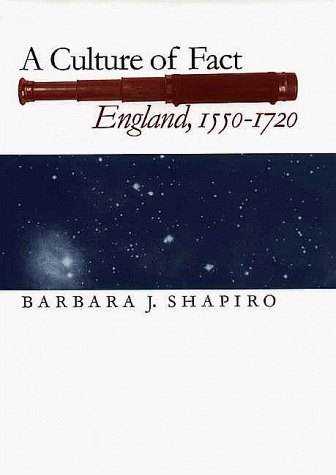

Most ebook files are in PDF format, so you can easily read them using various software such as Foxit Reader or directly on the Google Chrome browser.
Some ebook files are released by publishers in other formats such as .awz, .mobi, .epub, .fb2, etc. You may need to install specific software to read these formats on mobile/PC, such as Calibre.
Please read the tutorial at this link: https://ebookbell.com/faq
We offer FREE conversion to the popular formats you request; however, this may take some time. Therefore, right after payment, please email us, and we will try to provide the service as quickly as possible.
For some exceptional file formats or broken links (if any), please refrain from opening any disputes. Instead, email us first, and we will try to assist within a maximum of 6 hours.
EbookBell Team

4.4
72 reviewsDrawing on an astonishing breadth of research, Shapiro probes the fact's changing identity from an alleged human action to a proven natural or human happening. The crucial first step in this transition occurred in the sixteenth century when English common law established a definition of fact which relied on eyewitnesses and testimony. The concept widened to cover natural as well as human events as a result of developments in news reportage and travel writing. Only then, Shapiro discovers, did scientific philosophy adopt the category "fact." With Francis Bacon advocating more stringent criteria, the witness became a vital component in scientific observation and experimentation. Shapiro also recounts how England's preoccupation with the fact influenced historiography, religion, and literature--which saw the creation of a fact-oriented fictional genre, the novel.